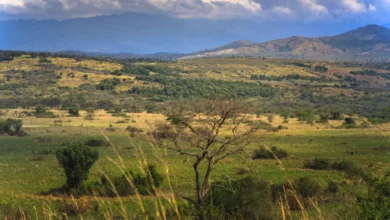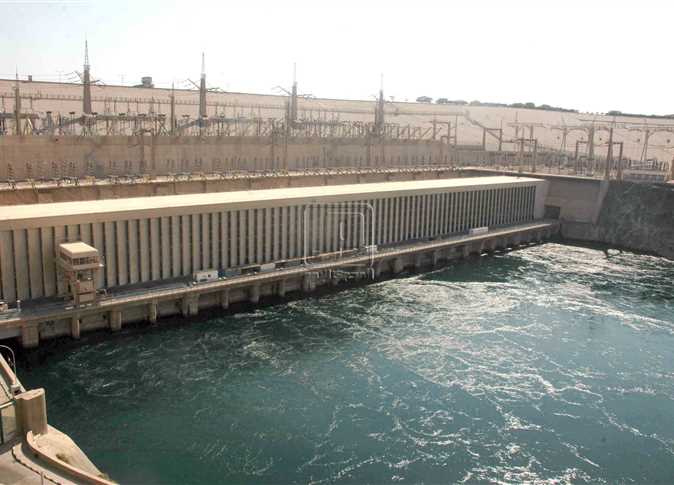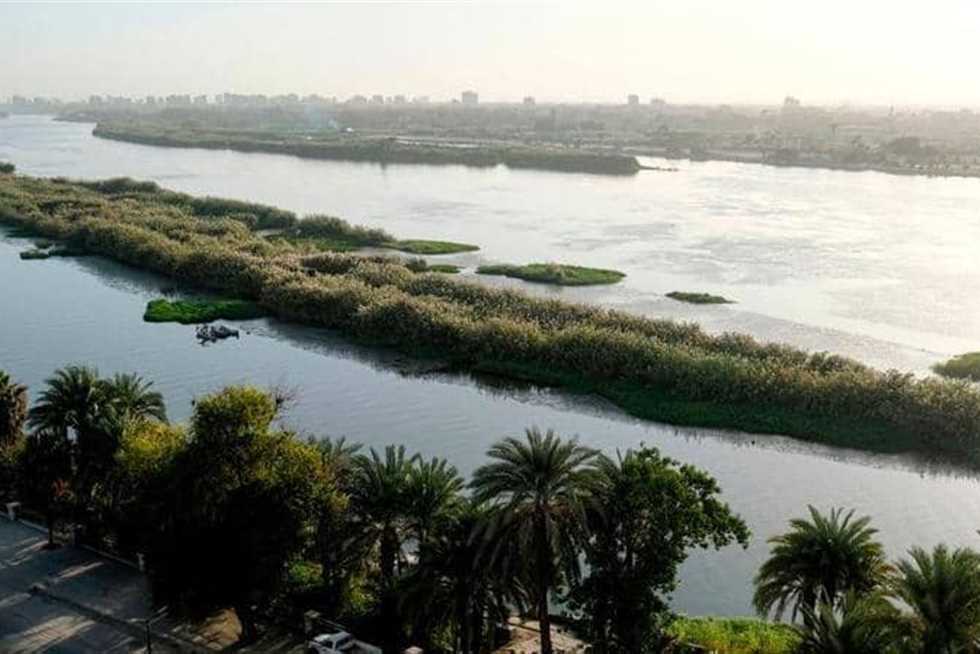You will not find a better example of Egypt as an Orientalist than in the newly released "Tharthara Ukhra Fawq al-Neel" (Another Gossip on the Nile, a title borrowed from Naguib Mahfouz) by Adel Hammouda, the current Editor in Chief of the Egyptian tabloid newspaper El Fagr. The book investigates the recent crisis around the Nile basin and the resulting deep mistrust between Egypt and the other Nile basin countries.
The topic is extremely timely. Egypt is still in shock after receiving a clear message when Ethiopia, Rwanda, Tanzania and Uganda signed a deal to create a permanent commission to manage the Nile's waters, without taking the Egyptian reservations into account.
Hammouda, considered a pioneer in yellow journalism, has achieved his fame as a leading Egyptian journalist for two reasons: his sensational writing style that inflames the public and his defiant views against corruption cases. So it's no surprise that his book focuses on the sensational rumors that surfaced around some political and historical figures that were involved, or are still involved, in shaping the politics of the Nile.
It might be entertaining, but this journalistic portrait is also annoying. In the book, Ethiopia, which gives Egypt the vast share of its water resources (more than 80 percent), has its population divided into two categories: the bad people who hate Egypt and the helpless victims who need assistance, including the poor Muslim women who are converted to Christianity by American missionaries.
As for the rich Ethiopian woman, she must be fine in her home since Hammouda notes that, "She puts an exotic wooden perfume in her hair during her sleep in order to seduce the man sexually with her smell."
Throughout the book, nudity, sex and prostitution are main elements. It only takes Hammouda three paragraphs and nine sentences to get to his first sexual image. On Ethiopia, Hammouda writes, "Girls there receive the water of the sky while being naked." He goes on to reveal that he has witnessed dancing where men and women are extremely close, "inflaming the fire of lust."
Some might wonder why sex factors so largely into a book about the crisis over regulating the usage of the Nile waters. Surely the complicated political narrative is interesting enough.
Except Egypt and Sudan, the Nile basin countries have been resisting the legacy of the colonial era. The old treaties of the Nile are seen as a hindrance to the development of their countries. As it stands, Egypt has the right to object to any water projects in upstream countries, a right it attained in a 1929 treaty devised by Britain. One of the upstream countries, Ethiopia, sees itself as the least favored by the 1929 treaty. Officials argue that they can't launch any new hydro-power projects or implement new irrigation policies in land that is affected by drought because of the treaty.
The nine countries through which the Nile flows agreed on a new comprehensive agreement called Nile Cooperative Framework Agreement (NCFA) that seeks a fairer usage of the Nile's waters. A few months ago, when the four East African countries signed a new deal creating a permanent commission to manage the water resources, Stanislus Kamanzi, Rwanda's minister for water and environment clearly indicated that, "We've been negotiating the text [of NCFA] we've just signed for more than ten years. If we don't sign today I assure you that we'll go another ten years without having reached an agreement."
In his book, Hammouda is nothing more than a pseudo-opposition for something invisible. He doesn't highlight what has gone wrong, instead revealing his great discovery: that the people of the Nile basin countries are good and kind-hearted.
In some sections, Hammouda refers directly and indirectly to who might be to blame, but the answer to this is abundantly clear. It's the Egyptian government, of course, but Hammouda doesn't say that the government is racist even though it acts with racism toward Ethiopian officials. Hammouda seems to agree with the Egyptian government that the policy makers in these countries are idiots because they are challenging the norms of the international law. Hammouda writes that "There are plenty of covenants and treaties and protocols that assure that the amount of water Egypt received is unquestionable according to the rules of the international law."
Hammouda repeats the governmental arguments, which focus on international law texts and ignore all the issues that matter to other countries. Later, he argues that Egypt's "historical rights" (as in, colonial rights) are supported by "tons of formal international documents… however, in recent years some of the resource countries started to rebel, asking to sign a new agreement in order to reallocate the water share for every country." He goes on to mock these arguments, asking "why didn't these arguments surface until recently?"
Ethiopian Prime Minister Meles Zenawi, in an interview with Al-Jazeera last May, said that, "Some people in Egypt have old-fashioned ideas based on the assumption that the Nile water belongs to Egypt, and that Egypt has a right to decide who gets what, and that the upper countries are unable to use the Nile water because they will be unstable and they will be poor."
That should answer Hammouda's mocking question about the timing of the reform. People need to launch projects that could save them from poverty and starvation.
And, it would seem that Hammouda, who once praised the political opportunism practiced by Nasser in dealing with Ethiopia's bloody ruler Haile Selassie, would have no trouble accepting the wisdom of one of Africa's worst dictators.
Broadly, Hammouda's book is a typical colonial view of the Nile Basin in which Egypt, a northern colonizer or a sub-colonial entity, only considers its own concerns. To him, Ethiopia is just one big farm with plenty of livestock. "We can import meat with the cost of 6LE [per kilo] which arrives at the home of the [Egyptian] consumer with the cost of only 20LE."
Hammouda accuses the current Egyptian regime of not paying attention to the Nile basin countries compared to the focus exercised by Mohamed Ali Pasha, who regarded East Africa only in terms of Egypt's national security and sent armies there, "opening, invading, dominated… and settled."




